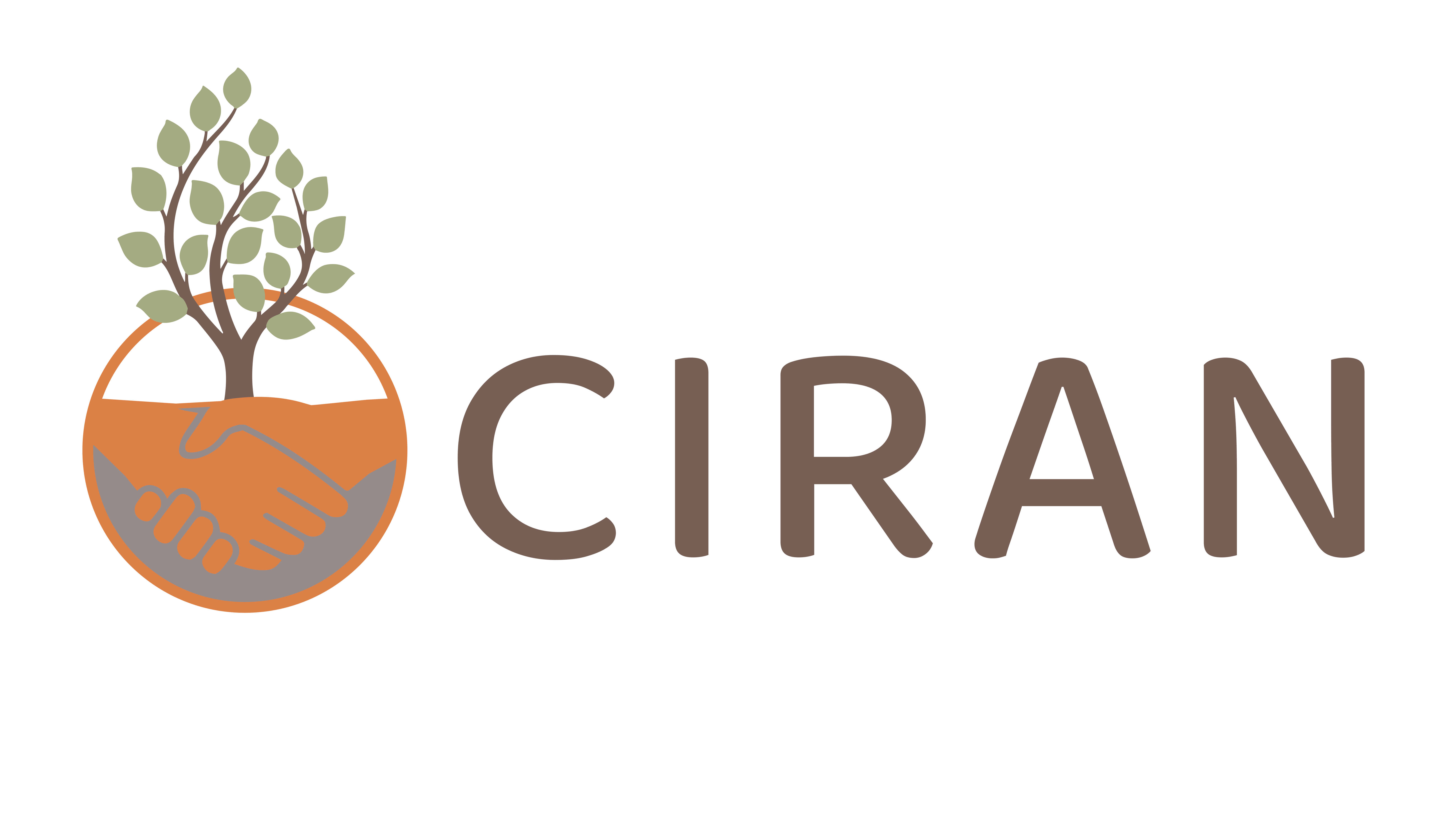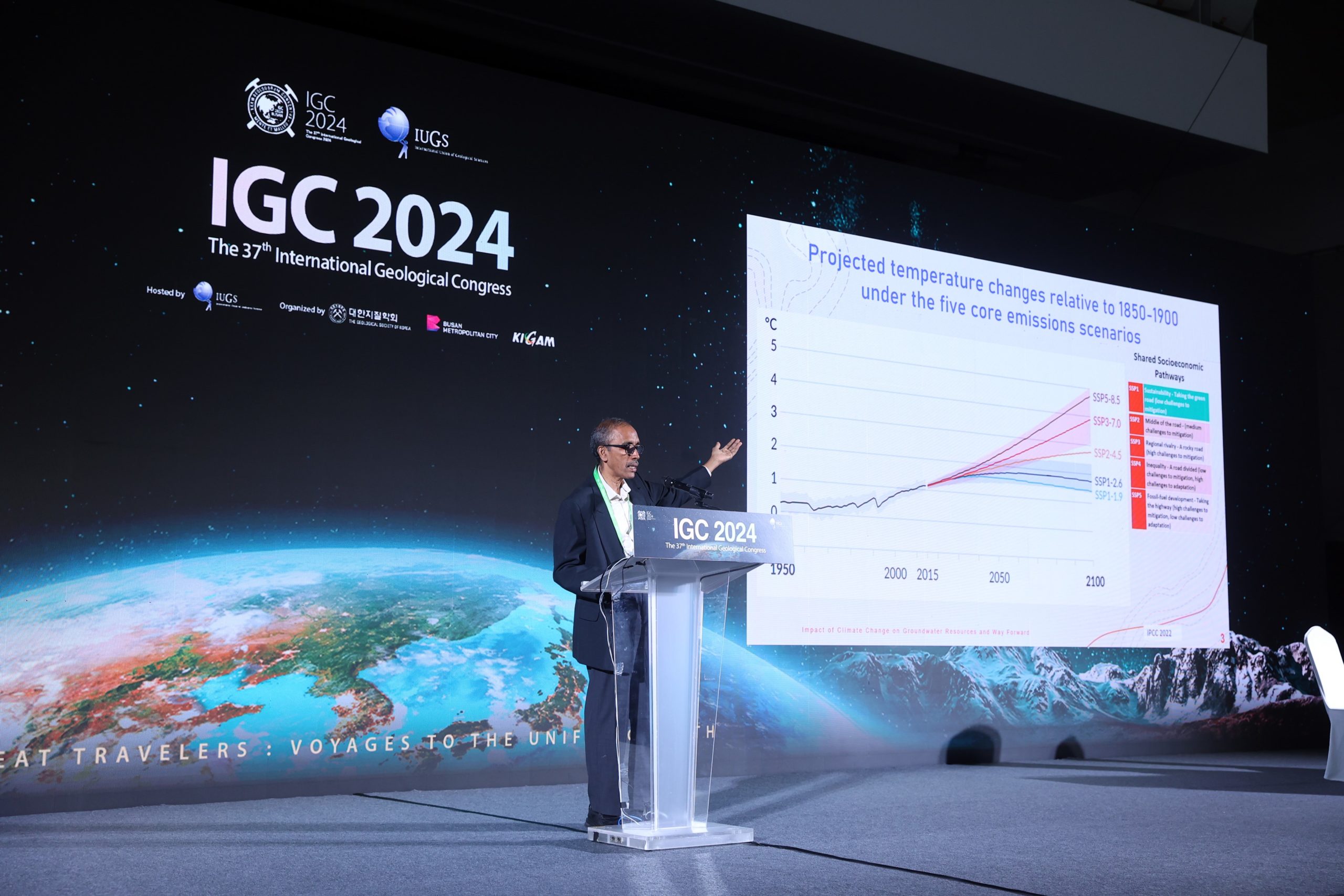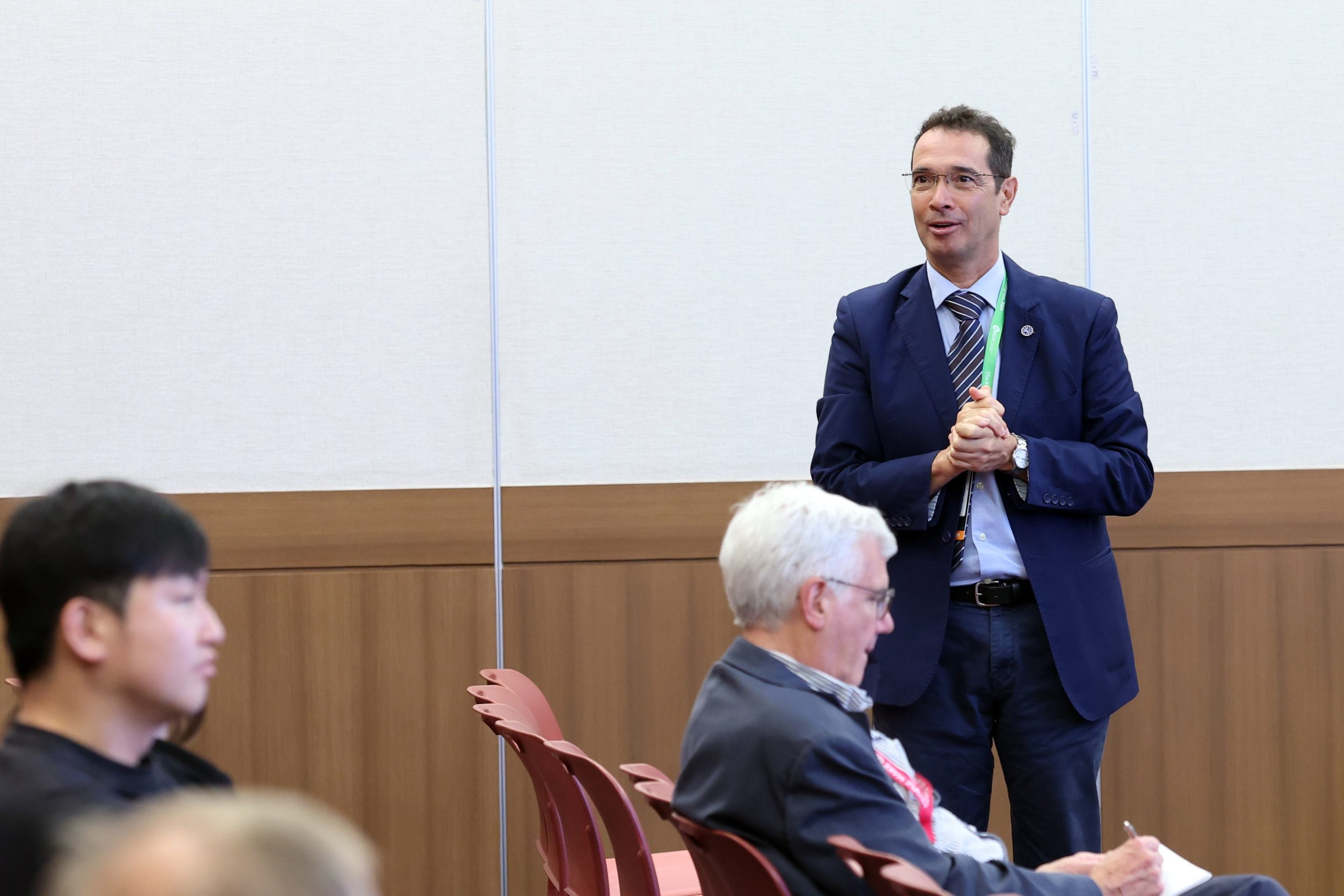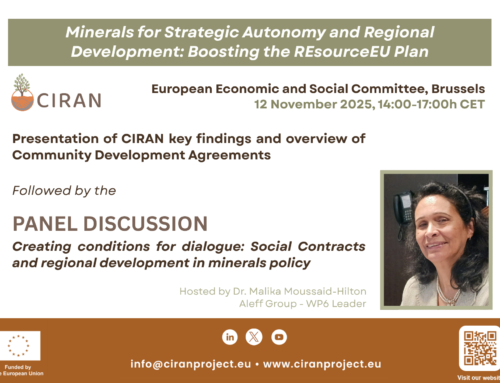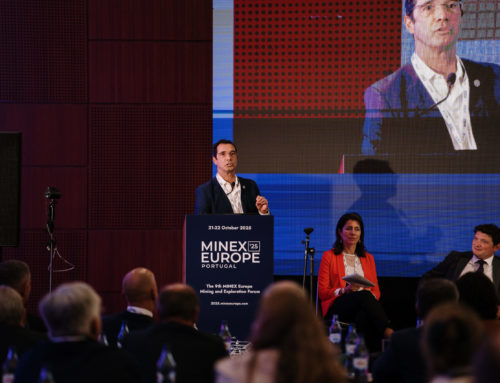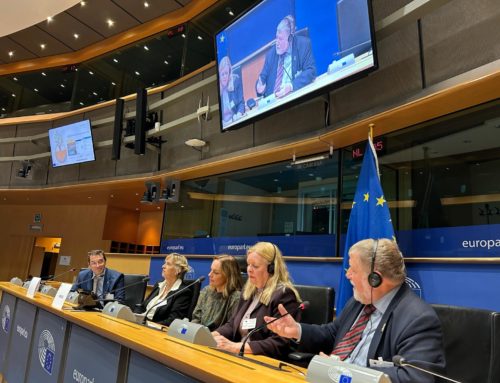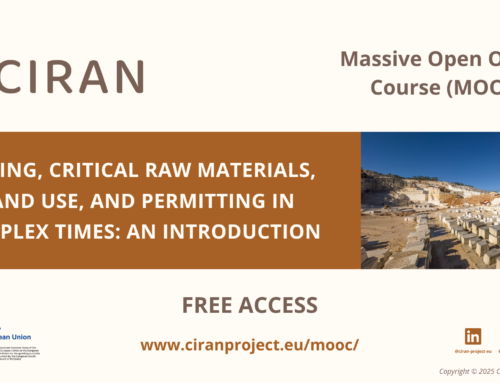Global Experts Converge at the IGC2024 to Forge the Path for Sustainable Resource Use in the Green Transition
At the 37th International Geological Congress (IGC) 2024 in Busan, South Korea, CIRAN’s coordinator, Vitor Correia, presented the project’s latest findings during a session organised by INTRAW (the International Raw Materials Observatory). The session, titled “Navigating the Path to the Green Transition: Balancing Resource Extraction and Environmental Stewardship”, held on Friday the 30th of August, addressed the delicate balance between obtaining raw materials necessary for the global green transition and preserving natural values crucial for our ecosystems.
Dr. Elango Lakshmanan (Indian Institute of Technology Madras; Co-President International Commission on Water Quality of International Asso. of Hydrological Sciences) delivering the opening speech at the IGC 2024. @IGC
Christopher Keane from the American Geosciences Institute delivered the keynote speech, presenting “2050 Strategic Scenarios for the Global Raw Materials Landscape”. Keane emphasised that the green transition is an immediate imperative, with mineral supply chain development operating on a decadal timescale. He stressed that political, economic, social, and technological factors are tightly coupled with geosciences in this context.
Subsequent presentations by experts as David Manning from the Newcastle University (UK) and Zoe Shipton from the University of Strathclyde (Scotland) highlighted the potentially crucial role of crushed rocks in removing CO2 from the atmosphere through Enhanced Rock Weathering, thus mitigating climate change effects.
Volker Steinbach of the German Federal Institute for Geosciences and Natural Resources underscored that primary raw material production must provide most of the metals for low-carbon technologies, at least for the coming decade. He noted that secondary raw material supply alone cannot meet future demand. Steinbach emphasised the importance of considering both upstream and end-of-life activities of low-carbon technologies to ensure sustainable and responsible mining practices and optimal product recycling.
In his presentation, Vitor Correia shared CIRAN’s most recent findings and highlighted that the European Commission is taking proactive steps to overcome Europe’s dependency on mineral imports by diversifying trading partners and fostering sustainable extraction of critical raw materials domestically. However, this strategy faces two major challenges: growing international competition for mineral raw materials and intense domestic public opposition to mining. CIRAN’s Coordinator concluded by stating that to make mining acceptable in Europe, it is crucial to develop new economic models that value comprehensive resource extraction, coupled with new social contracts that empower citizens and communities. In this regard, CIRAN will establish a framework for participatory and accessible public engagement to reconcile diverse societal perspectives towards mining and sustainable extraction, based on the experiences from over 20 case studies and the active engagement of 5 local communities in Europe.
